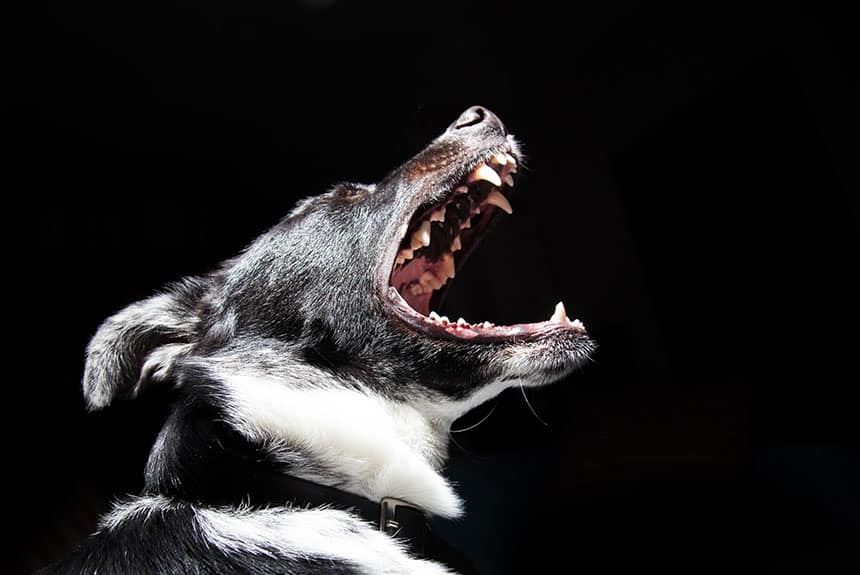Did you know that pets get gum disease too?
You walk him, make sure he has the best food and treats and brush his fur to make it shiny. But do you brush your dog’s teeth? Did you know that dogs and cats can get gum disease and tooth decay just like humans? With the right tools of the trade and some patience, your pet may actually like to have his or her oral health looked after!
Why should you brush your pet’s teeth?
Plaque left on the teeth can lead to cavities.
Just like humans, your pets can get cavities if their dental plaque isn’t kept in check. Cavities can be very painful and can lead to tooth loss.
Gum disease can lead to heart disease and is associated with diabetes.
Again, like people, inflammation in the mouth and gums can lead to heart disease and even affect blood sugar. Reduction in bacteria in the mouth will prevent inflammation.
Extreme cavities or gum disease may lead to tooth loss.
With sore or missing teeth, it becomes very hard to eat nutrient dense food. This will affect overall health and wellbeing as well as how much your pet is enjoying life.
How do best maintain your pet’s oral health?
Toothpaste and a toothbrush specifically for your dog or cat.
Your local pet supply store will have a selection of toothpastes and brushes for you to choose from. Try switching up the flavours or the type of toothbrush to see if your pet will tolerate the brushing. It may take a few tries – be patient!
Special treats can help to remove plaque.
Greenies or Dental Sticks for dogs and Feline Greenies for cats are great choices to help keep teeth healthy.
Feed mainly hard food, with soft food only as a treat.
Hard pet food is abrasive and will help to clean the teeth as your pet eats.
Professional dental cleaning at your veterinarian office.
Just like people, pets routinely need to have their teeth professionally cleaned for optimal health.
We hope this blog has been helpful in learning about the importance of oral health for your four-legged family members. Questions about specific product recommendations or procedures should be directed to your veterinarian so that you may receive the most accurate information and advice for your pet. We would love for you to tag us in a video or photo of you taking care of your pet’s oral health needs over on Facebook!





